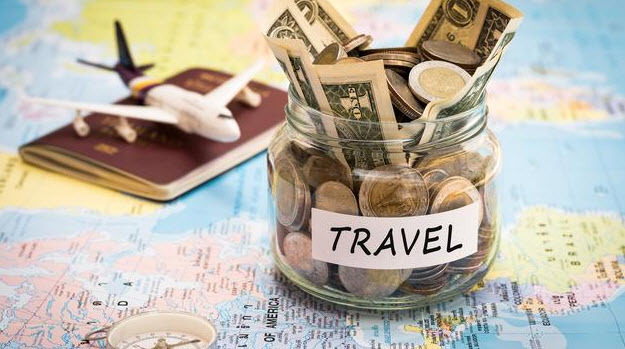
The latest leg lower in global stock markets was set off by a pair of bad profit misses from Wal-Mart and Target.
What both companies saw was a rise in consumer spending but eroded margins due to higher costs and inventories.
Today, retailer Kohl's reported something similar, sending shares 4.8% lower in the pre-market.
"Following a strong start to the quarter with positive low-single digits comps through late March, sales considerably weakened in April as we encountered macro headwinds related to lapping last year’s stimulus and an inflationary consumer environment," the company said.
That sounds like a weak consumer, but is it?
Note that Wal-Mart raised its sales estimate for the year in the earnings report. Granted, some of that is people paying more for the same things but that isn't a big retrenchment. The other part of the earnings miss was a 32% rise in inventories, something they plan to work off.
How will they work that off? Some of it will be lower orders but some will also be discounting -- that's deflationary.

Right now the market is looking at this as a sign of a weak consumer and a recession but what if we're simply seeing a shift in spending to services?
Earlier this month, hotel chain Marriott said demand was 'gangbusters'. United Airlines said flying demand is nearly back to 2019 levels, and that's without a full return of business travel.
Today, Kansas City Fed President Esther George highlighted this potential today and that it could ultimately mean lower rates:
"If people don't buy as many goods and they begin to move out into more-normal patterns of consumption, maybe we don't have to go as far to achieve some kind of equilibrium in the economy," she said on CNBC.
Right now might be peak inflation because services inflation is ramping up while we haven't yet priced in the shift away from goods. While there were certainly many who expected goods spending to remain high, a shift down on that front won't necessarily be bad for the economy because it will naturally allow supply chains to heal and prices to normalize.
The takeaway may be that goods spending that would have taken place in 2022-23 was pulled forward during the pandemic. That will mean a step back down.
So while it all looks ugly at the moment, there's a silver lining on the retail cloud. This might be the economy simply healing itself.



